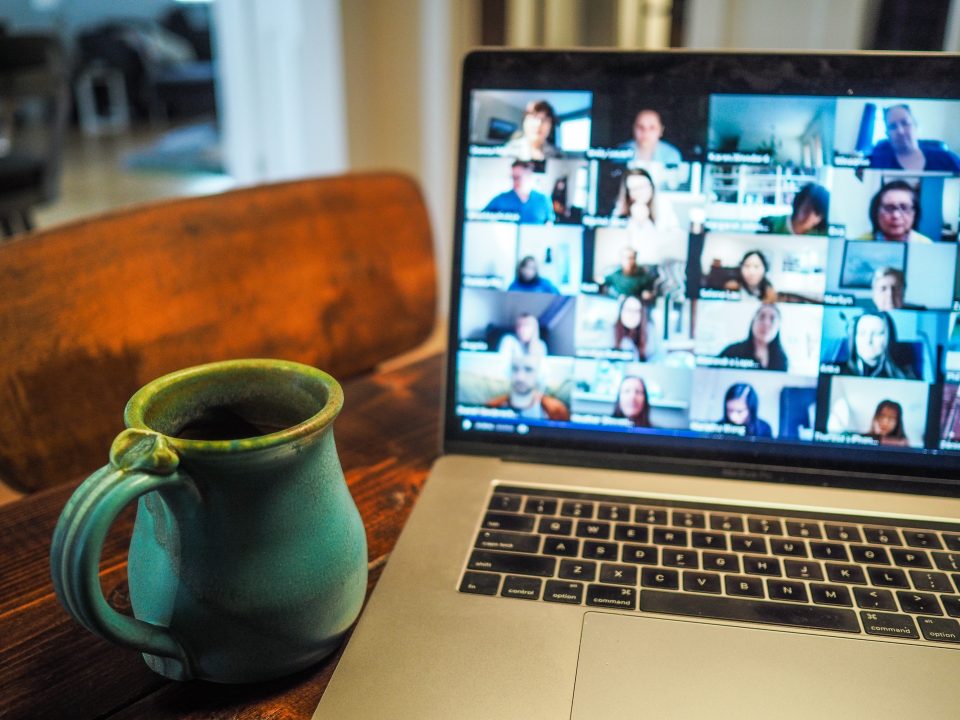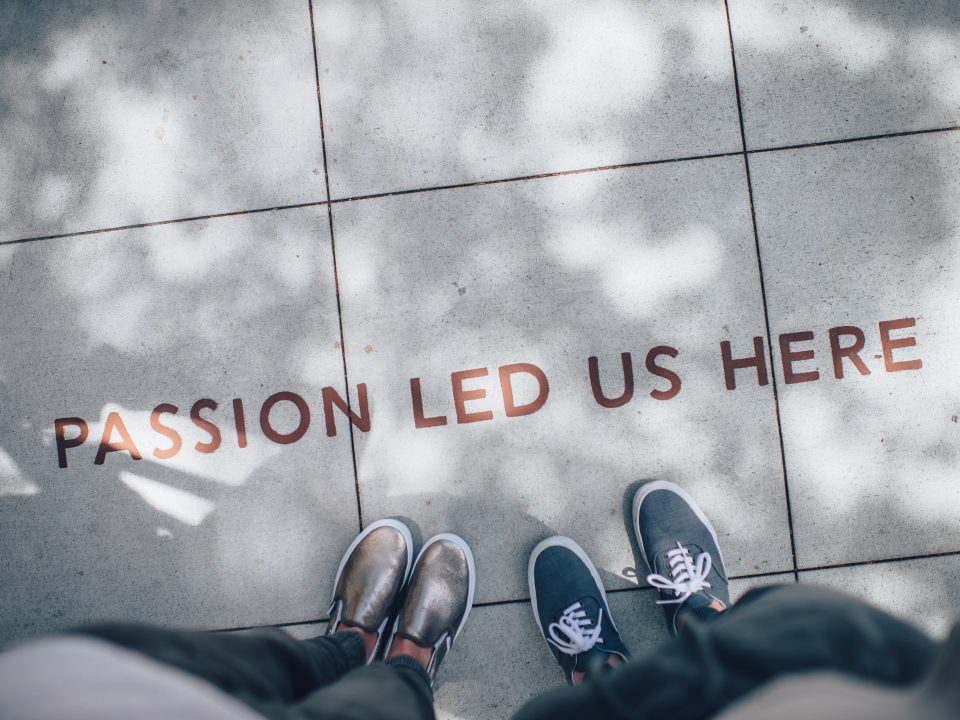Working across differences? You need Optimism.

Managing a multicultural team in the time of divisive narratives.
26. August 2019
The unspoken limit of online education.
12. May 2020Working across differences? You need Optimism.

One and half years ago, my heart stopped beating. I was very lucky being close to my savior who brought me back to life. The decision of my doctor was final and non-negotiable: “You have to stop all your sport activities with immediate effect.” For someone who was doing sport every day, this sounded like a request to stop breathing.
One and half years later, I am celebrating my big personal achievement. After careful consideration of my doctor and months of disciplined training, I am running 10 kilometers (6.2 miles) again which was my running routine before my heart failure. The word failure is the driving force behind my personal achievement. Whenever I experience a failure (even if it’s a heart failure), challenge or setback, I try to clear my mind of negative emotions and focus on seeking valuable lesson and the possibilities. To use the language of emotional intelligence, this ability is what we call Optimism.
- Martyn Newman
When I took my first Emotional Capital Report (ECR) assessment, Optimism was the one out of total ten emotional competencies where I scored very high indicating that this was my signature strength. This gave me the answers to why I never hesitated to take measured risks such as moving from Sales to HR, relocating from Slovakia to Morocco as an HR Consultant, or leaving corporate career and starting my own business. And it does give me lot of courage whenever I am in face of a challenging situation, new project or an important decision.
Many of my coaching clients feel stuck in their career, indecisive when facing difficult situation, not innovative or creative enough, and uncomfortable with challenging the status quo. When I ask them to complete their ECR, more often than not, Optimism appears to be their development area. And in fact, lower level of Optimism seems to be a strong indicator of the tendency to avoid being exposed to differences and of the preference to operate in rather homogeneous environment. Working across differences can be very frustrating, tiring and sometimes it causes a real fatigue. And then, even those who feel comfortable in face of differences, those who understand the reasons behind different behaviors or beliefs, those who have built up a repertoire of strategies how to bridge differences, or those who can modify their behaviors for the sake of mitigating the risk of misinterpretations, they all will at some point fail when dealing with differences. There will be a moment when, despite all the effort, their positive intent will cause a negative impact on someone else. The deeply embedded human need for survival makes our brains permanently scan for potential danger and any misunderstanding is automatically evaluated by human brain as a threat. Therefore, our brains focus much stronger on negative emotions. That is a reason enough why we need a higher level of optimism in such moments. No matter how uncomfortable our failure feels, it is very important to put a positive spin on it and examine how we performed in that situation and what is the lesson for future actions. Otherwise, this single failure can dominate and affect all our future interactions with those who are different which can reinforce the tendency to avoid differences. Optimism helps us to see mistakes, misunderstandings and negative events as temporary. In contrast, those who lack optimism tend to see negative experiences as permanent which can consequently lead to generalizations and stereotyping.
I agree, working across differences requires time and energy. And you will fail at some point. But without Optimism, you might never fully and deeply experience the beauty and richness of this diverse world. And you might never run your 10 km again.



